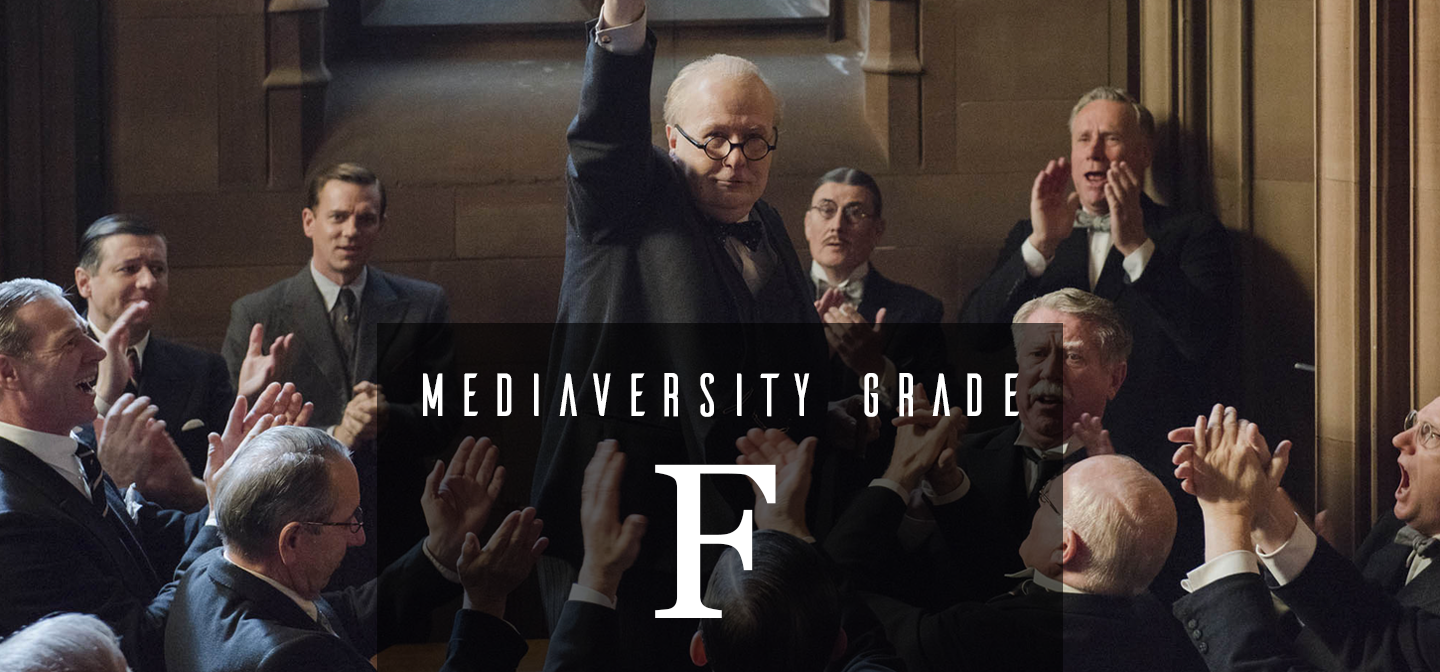Victoria
"It’s laudable that Victoria willingly takes creative liberties to incorporate a brief, same-sex affair."
Title: Victoria
Episodes Reviewed: Seasons 1-2
Creator: Daisy Goodwin 👩🏼🇬🇧
Directors: 5 ♂︎ and 2 ♀︎ (no POC)
Writers: Original book by A.N. Wilson 👨🏼🇬🇧, Daisy Goodwin 👩🏼🇬🇧 (17 episodes), Ottilie Wilford 👩🏼🇬🇧 (2 episodes), and Guy Andrews 👨🏼🇬🇧 (1 episode)
Reviewed by Mimi 👩🏻🇺🇸
Technical: 4/5
Downton Abbey meets The Crown in PBS’s Victoria, a very watchable television drama about the early reign of Queen Victoria. The series, which first premiered on UK television in August 2016, retreads the familiar ground of previous films and miniseries based on one of the most famous British monarchs of all time, notably The Young Victoria (2009) and my personal favorite, Victoria & Albert (2001). Created by Daisy Goodwin (who also penned a novel about Victoria), this latest variation casts two steamy young stars, Jenna Coleman and Tom Hughes, to further ramp up the romance between Victoria and Prince Albert. In addition to the marriage plot, Season 1 offers other typical period drama fare that includes political power-grabs, a downstairs storyline, corsets being laced up, elaborate hairstyles, and of course, a parade of sumptuous dresses.
Gender: 5/5
Does it pass the Bechdel Test? YES
Only 18 years of age when she ascends the throne, Goodwin’s Victoria is spoiled, strong-willed, and a bit horny. She struggles to assert her independence, having spent her early life surrounded by people desperate to shelter her, like her governess Baroness Lehzen (Daniela Holtz), as well as to control and manipulate her, like her mother the Duchess of Kent (Catherine Flemming) and Sir John Conroy (Paul Rhys). These complicated relationships with the women who raised her provide trenchant insight into Victoria’s psyche that evolves across two seasons.
Her family’s desire to bridle her manifests as pressure to marry her first cousin Albert. Yet Victoria’s agency remains very much at the center of the narrative. She develops an intimate friendship with the prime minister Lord Melbourne (Rufus Sewell) that hovers between that of mentee-mentor and a full-blown crush. And although she initially dismisses the brooding Albert and the idea of marriage, it is her growing attraction to him that eventually compels her to propose to him.
Indeed, what’s particularly fun about this series’ portrayal of the teen queen is its exploration of her burgeoning sexuality. She clearly lusts after Lord Melbourne and then Albert—a far cry from the prim and proper image that would come to define the Victorian age. The show continues to play with female gaze in Season 2, which features a homoerotic skinny-dipping scene. Victoria and Albert basically can’t wait to have sex as soon as they’re married, and Goodwin theorizes they may even have engaged in premarital sex.
Scandalous for the times, Victoria seeks a form of birth control: jumping up and down ten times after intercourse. Ultimately, we know she fails in her quest for contraception because the real queen went on to have nine children. Goodwin writes honestly about Victoria’s hatred for being pregnant and her less-than-idealized views regarding motherhood, which she expressed in her actual diaries. Season 2 goes deeper, depicting the postpartum depression that follows the birth of Victoria’s second child.
Race: 2/5
The lack of people of color behind the camera, whether in directing or writing roles, aligns with the egregious absence of on-screen representation. It’s especially troubling given that Victoria’s reign was marked by a great expansion of the British Empire. (She would later adopt the additional title of Empress of India.) The series seems keen to paint a rosier picture, such as highlighting her and Albert’s support for the abolition of slavery. But the horrors of colonialism and the slave trade are only remotely experienced by someone like Mrs. Skerrett (Nell Hudson), the queen’s dresser who comes into a disturbing inheritance in Season 2’s Christmas special, “Comfort and Joy.”
The episode is notable for its inclusion of a black character, a rescued African girl given the name Sarah (Zaris-Angel Hator). The real-life Sara Forbes Bonetta was descended from Yoruba royalty, orphaned by intertribal warfare, sold into slavery, and became Queen Victoria’s goddaugther—all of which makes for a feel-good story that Goodwin eagerly mines. I would enthusiastically watch a standalone series or film about this woman’s life, which is also reminiscent of the historical inspiration behind Amma Asante’s Belle (2013). The white savior treatment, however, leaves a lot to be desired. The only other non-white face we see at Buckingham Palace is that of the black American actor Ira Aldridge (Ashley Zhangazha) performing “Othello” in an earlier episode.
LGBTQ: 4/5
Where the series does make positive strides toward inclusive representation is in the new season’s introduction of a gay subplot. The meaningful glances and longing stares exchanged between Lord Alfred (Jordan Waller), equerry to the Queen, and Drummond (Leo Suter), Personal Secretary to Prime Minister Sir Robert Peel, are the stuff that great period dramas are made of. The season devotes the necessary time to developing the emotional weight behind their unspoken attraction, which culminates with a show-stopping kiss. While happily-ever-afters are far and few in between for same-sex couples in historical settings, it’s laudable that Goodwin willingly took creative liberties to incorporate this brief affair. Goodwin defends the historical inaccuracy by arguing that because homosexuality was not commonly acknowledged in society back then, its omittance from documentation and records does not mean it didn’t exist. If anything, recasting characters as non-heterosexual becomes a way of rewriting gay and bi individuals back into our cultural canon.
Mediaversity Grade: B- 3.75/5
Goodwin’s reinterpretation of "the grandmother of Europe" as a hot-blooded, proto-feminist bends the usual rigidity of historical representation. Victoria does not take itself so seriously as The Crown, and thus makes for more pleasurable viewing. At the end of the day, we were never going to get a critique of British imperialism from a series celebrating the monarchy. It makes for great escapism, though.




